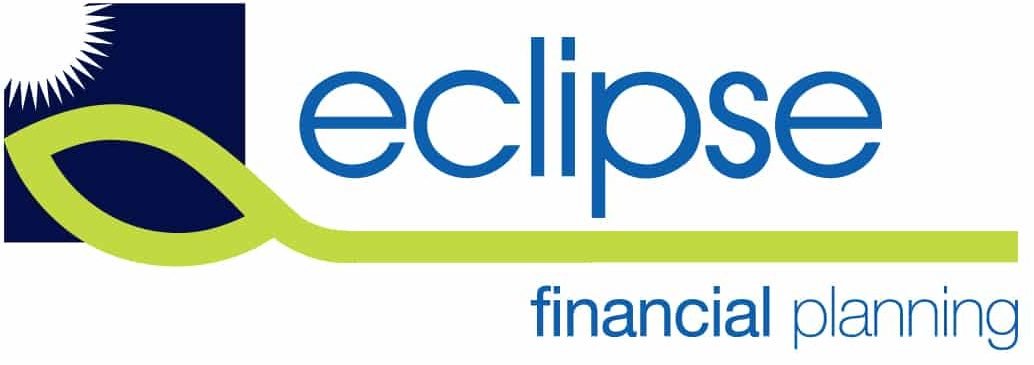The year seems to fly by in the blink of an eye. Before you know it, the end of the financial year is looming and you might not be quite aware of what you need to do. Whether it’s a few months down the track, or just a few weeks, preparation is key. It’s the perfect time to get your fiscal health sorted and your finances in working order. With this in mind, here are three tips to get ready for June 30.
1. Check your insurance policies
The penultimate few weeks of the financial year are an ideal time to take stock of all the income protection measures you’ve got in place. Insurance is one of the biggest things to keep in mind – and having this organised and ready could not only save you money, but provide more security for your dependents. If you haven’t got cover – or have the minimum amount – it might be the right time to extend you policies.
This is especially relevant if you’re under 31. From July 2000, the government introduced Lifetime Health Cover (LHC), which is designed to encourage people to take out health insurance earlier and maintain it over their life. For every year over 30, you will pay 2 per cent more, as well as an extra 2 per cent for every year you don’t have it after this date. By taking out health cover, you can avoid LHC loading and save yourself a bundle down the track.
2. Organise your tax records
Keep in mind that some forms of income protection insurance are tax deductible. According to the Australian Taxation Office, you can claim the cost of these premiums against the loss of your income. This could be a handy strategy to use going forward, but remember that you’ll also need to list any payment you receive on your tax return – luckily, the end of the financial year gives you the perfect chance to do this.
Be proactive with your tax documents. The ATO requires you to have your tax returns – which runs from June 1 July and ends on 30 June the following year – in by October 31. Instead of leaving it to the last minute, book an appointment with your financial adviser and accountant now before the fiscal year wraps up.
3. Think about your investment property
Buying an investment property can be very strategic and this is especially the case when it comes to tax. Whether your rental is positively or negatively geared, as it gets older, items wear out. In other words, they depreciate – and this is a big reason why a lot of people choose to put their money into a home. You can make a claim for the property and its fittings, repairs, maintenance, management fees and rental losses over the financial year.
If you hadn’t put much thought into this strategy, there’s no time like the present. Have a talk with your financial adviser before June 30 about how this could help you.

